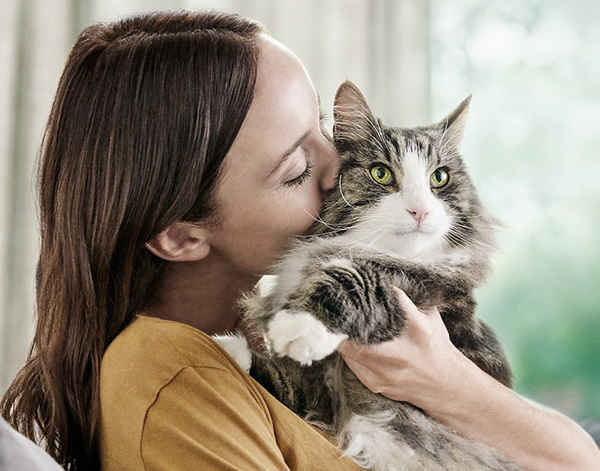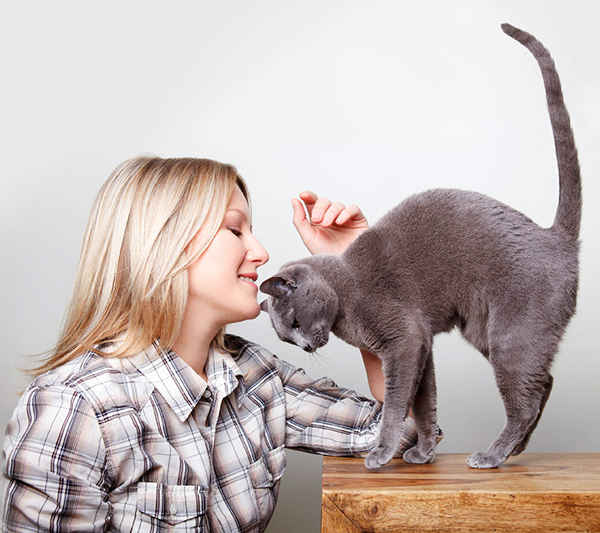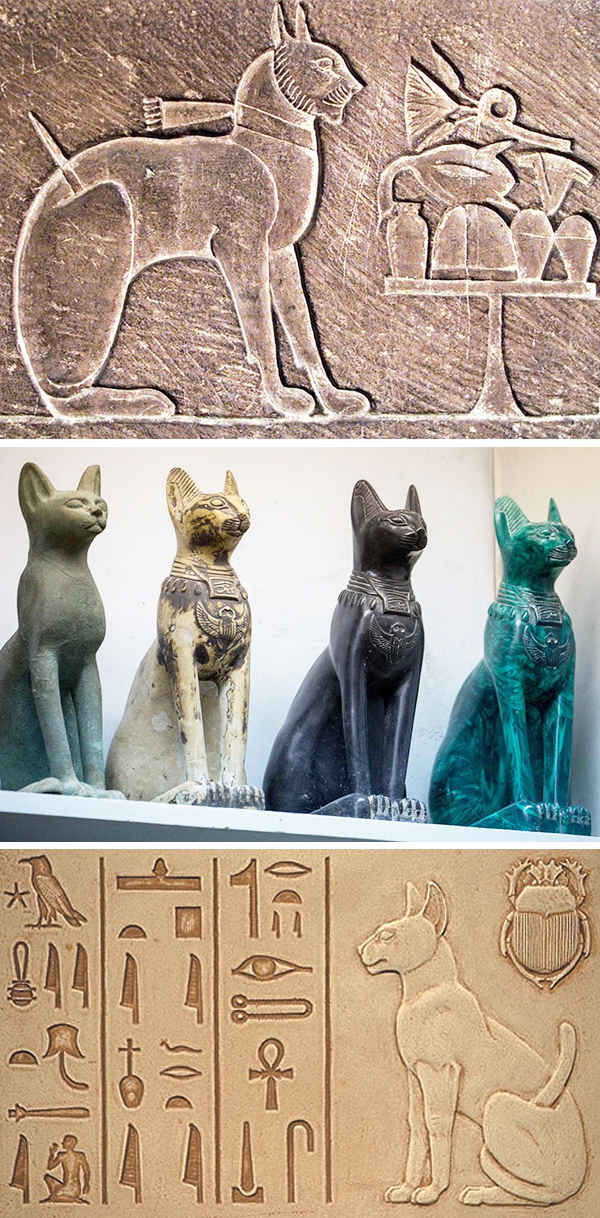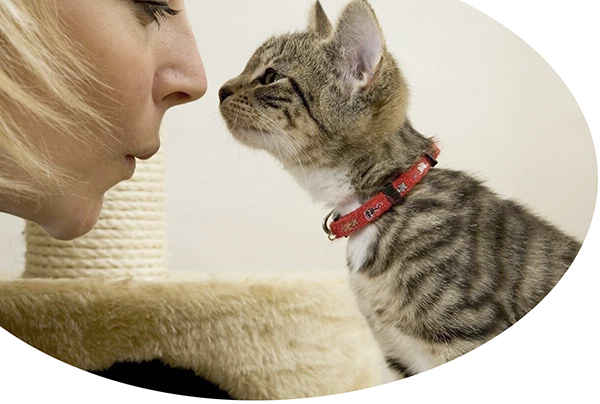Why does my cat smell so good?
Cats possess a unique and often captivating aroma that cat owners find irresistible. But what exactly is it that makes our feline companions smell so delightful?

Let’s embark on a journey to uncover the secrets behind their alluring scent.
The Art of Grooming Mastery
Famous for their precise grooming routines, cats dedicate a substantial portion of their time to licking their fur clean of dirt, debris, and surplus oils. This fastidious self-cleaning ritual not only leaves their coat shiny but also contributes to their enchanting fragrance. Within their saliva are enzymes that efficiently break down odorous compounds, leaving behind a refreshing and clean aroma that appeals to our senses.
Nature’s Elixir: Natural Oils
The skin of a cat is a treasure trove of natural oils that play a pivotal role in maintaining the health and sheen of their fur. Rich in fatty acids, these oils not only nourish the coat but also emit a subtle yet delightful scent. Through regular grooming sessions, these oils are evenly distributed, ensuring a consistently pleasant fragrance that enhances the bond between cat and owner.
Pheromones: The Invisible Communicators

Cats are masters of silent communication, employing pheromones to convey messages and mark their territory. These chemical signals, secreted through glands on their face, paws, and tail, may go unnoticed by humans consciously but contribute significantly to the overall olfactory experience. To the discerning nose, these pheromones add a layer of intrigue and allure to the cat’s scent, creating a sensory symphony that captivates our senses.
The Culinary Connection: Diet’s Influence
The age-old saying ‘you are what you eat’ rings especially true for our beloved feline companions. A cat’s nutritional intake not only significantly influences their general well-being but also contributes to their unique scent. Opting for high-quality cat foods rich in balanced nutrition can lead to healthier skin and coat, resulting in a more pleasing aroma. Conversely, subpar diets or food allergies can manifest in skin issues and an unpleasant odor, detracting from the cat’s natural allure.
Beyond the Scent: Fascinating Facts and Historical Insights

The ancient Egyptians held cats in high esteem, deifying them and depicting them in art and hieroglyphs. To the Egyptians, cats symbolized grace, protection, and divine qualities, cementing their status as revered creatures.
Tracing back to ancient times, the domestication of cats dates to around 7500 BC in the Near East. This long-standing association with humans has not only influenced their grooming habits but also their scent, as they adapted to coexist harmoniously with humans.
Certain cat breeds, example: the Siamese and Bengal, boast distinctive and often stronger scents compared to their counterparts. This can be attributed to genetic factors and variances in grooming behaviors, adding another layer of complexity to the feline olfactory experience.
The enchanting scent of your cat is a harmonious symphony orchestrated by their grooming habits, natural oils, pheromones, and dietary choices.

Understanding and appreciating these factors not only deepens the bond between cat and owner but also elevates the sensory experience of sharing your life with these beloved companions.












